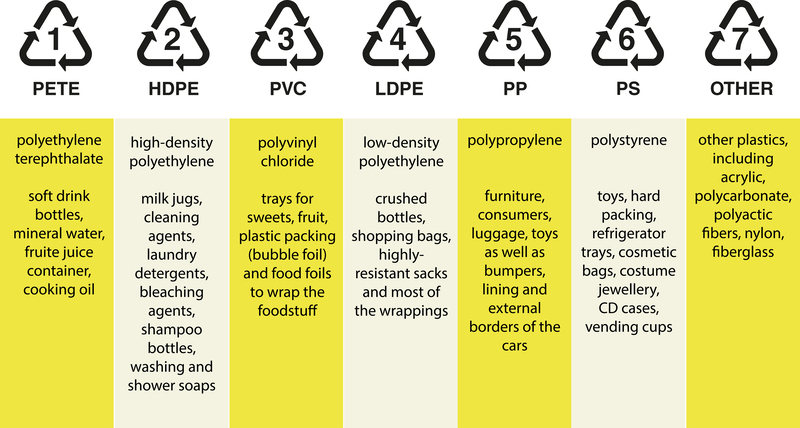Discover Fascinating Facts About Glass Recycling
When it comes to sustainability and environmental conservation, glass recycling often stands out as a beacon of promise. As one of the most readily recyclable materials, glass presents an opportunity to significantly reduce landfill waste. In this comprehensive guide, let's explore fascinating facts about the world of recycling glass, its benefits, and the role it plays in protecting our planet.
What is Glass Recycling?
Glass recycling is the process of collecting and processing glass waste to produce reusable glass products. Through this process, used glass items such as bottles and jars are sorted, cleaned, crushed, and melted down to create new glass products. This closed-loop cycle not only helps preserve natural resources but also leads to energy savings and a reduced environmental footprint.

The History of Glass Recycling
Glass recycling is not a recent phenomenon. In fact, recycling glass can be traced back as far as ancient times. The early Egyptians and Romans are believed to have practiced glass collection and reuse. However, the modern system of glass recycling began in the early 1970s when environmental awareness started to rise.
The Glass Recycling Loop
The beauty of glass recycling lies in its closed-loop cycle. Unlike some materials that degrade over time, glass can be recycled indefinitely without losing quality or purity. Here's a concise look at how the recycling loop works:
- Collection: Used glass is collected from curbside bins or drop-off centers.
- Sorting and Cleaning: The glass is sorted by color and cleaned to remove any impurities.
- Crushing: The clean glass is crushed into small bits known as cullet.
- Melting: The cullet is mixed with raw materials and melted in a furnace.
- Molding: The molten glass is shaped into new products such as bottles and jars.
Benefits of Recycling Glass
Recycling glass is an advantageous process with numerous environmental and economic benefits:
Environmental Benefits
- Energy Conservation: Recycling glass uses 30% less energy than making new glass from raw materials.
- Reduction of Landfill Waste: Glass recycling reduces the amount of waste in landfills and decreases landfill costs.
- Lower CO2 Emissions: Recycling lowers the emission of greenhouse gases by reducing the need for energy-intensive production processes.
Economic Benefits
- Job Creation: The recycling industry supports numerous jobs across collection, processing, and manufacturing sectors.
- Resource Conservation: Recycled glass conserves raw materials, leading to long-term economic benefits for manufacturers.
Fun Facts About Glass Recycling
Now that we've covered the technical side of glass recycling, let's dive into some fun and eye-opening facts that make recycling glass even more fascinating:
- Infinite Recyclability: Unlike other recyclable materials, glass never loses its integrity no matter how many times it's recycled.
- Weight Factor: A glass bottle can take up to a million years to decompose in a landfill, but it can be recycled and back on store shelves in as little as 30 days.
- Color Matters: Clear, green, and brown are the most common colors for glass recycling because they retain their color properties best through each cycle.
The Challenges of Glass Recycling
Despite being a champion of sustainability, glass recycling faces a few challenges that need addressing:
Sorting Issues
One of the primary issues is the necessity for proper sorting by color, as mixing colors can lead to impurities that affect the quality of newly minted glass.
Transportation Costs
Due to its heavy weight, transporting glass for recycling can be costly and energy-intensive, making local solutions for glass recycling more preferable.

How to Enhance Glass Recycling
Improving glass recycling rates involves collaboration between municipalities, industries, and consumers. Here are some ways to enhance glass recycling efforts:
- Education and Awareness: Educating consumers about the importance of recycling glass can increase participation rates.
- Incentives: Providing incentives for businesses and consumers to recycle glass can boost collection efforts.
- Improved Infrastructure: Investing in local recycling centers and curbside collection programs enhances accessibility and efficiency.
The Future of Glass Recycling
As we move towards a more sustainable future, innovations and improvements in glass recycling technology promise further enhancements. Advancements such as automated sorting systems and new recycling methodologies are set to increase efficiency and reduce costs, ensuring that glass remains a key component in our ecological toolkit for many years to come.
In conclusion, the importance of glass recycling cannot be overstated, as it's a crucial step towards conserving our planet's resources and reducing waste. By understanding and participating in the glass recycling process, we can all contribute to a cleaner, greener environment.